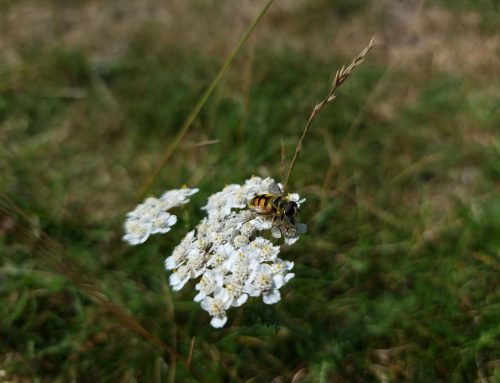The level of meat consumed in the UK and France could fall from 2025.
As plant-based alternatives are growing, a new study has found that alternatives could match the level of mat consumption by 2023 and overtake it by 2025.
The Boston Consulting Group (BCG) and Blue Horizon Corporation’s study found that the annual market for alternative products is on course to reach at least $290bn (£210bn) by 2035.
Decker Walker, the head of agribusiness at BCG, said: “The most striking thing is that in developed economies, we’re going to be at peak meat in 2025 in some scenarios. There’s all this talk that alternative proteins are futuristic, and that many people don’t resonate with the concept of artificial meat. But what most people don’t realise is that we’re actually already at a point where [traditional] meat consumption is going to be declining for the first time in history. The global consequences of the shift to alternative proteins are significant.”
“There are technologies that address these challenges but they’re not at the level of robustness or adoption you need,” said Walker. “But miracles do not need to occur – it is simply faster adoption of technologies that are already in the pipeline.”
Bruce Friedrich, from the Good Food Institute, said that governments should be supporting meat alternatives and would benefit from the change.
“Unless industrial meat consumption goes down, no government in the world will stand a chance of meeting their [climate] obligations. Now is the time for governments everywhere to use public dollars for the public good,” said Friedrich.








Leave A Comment